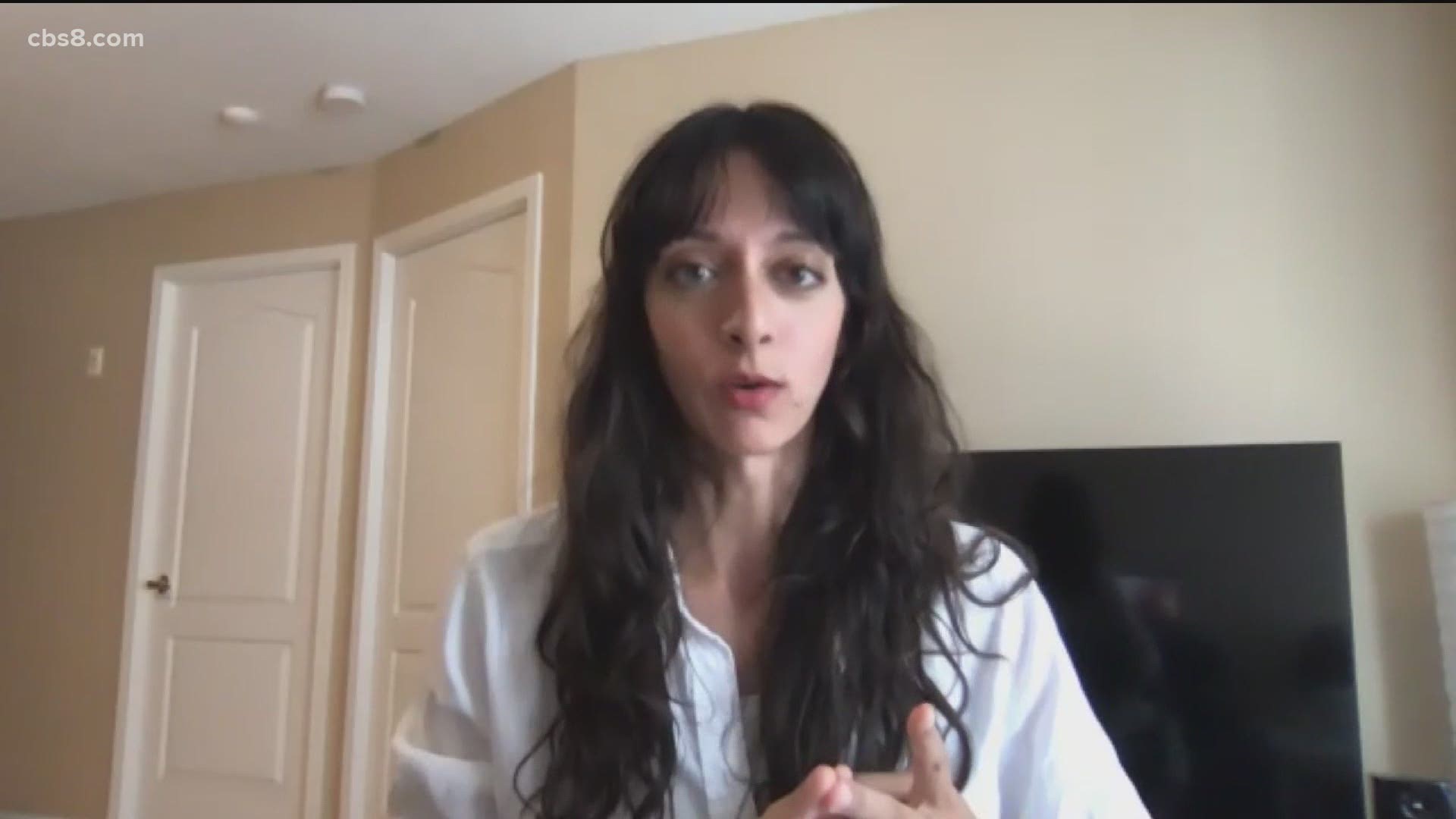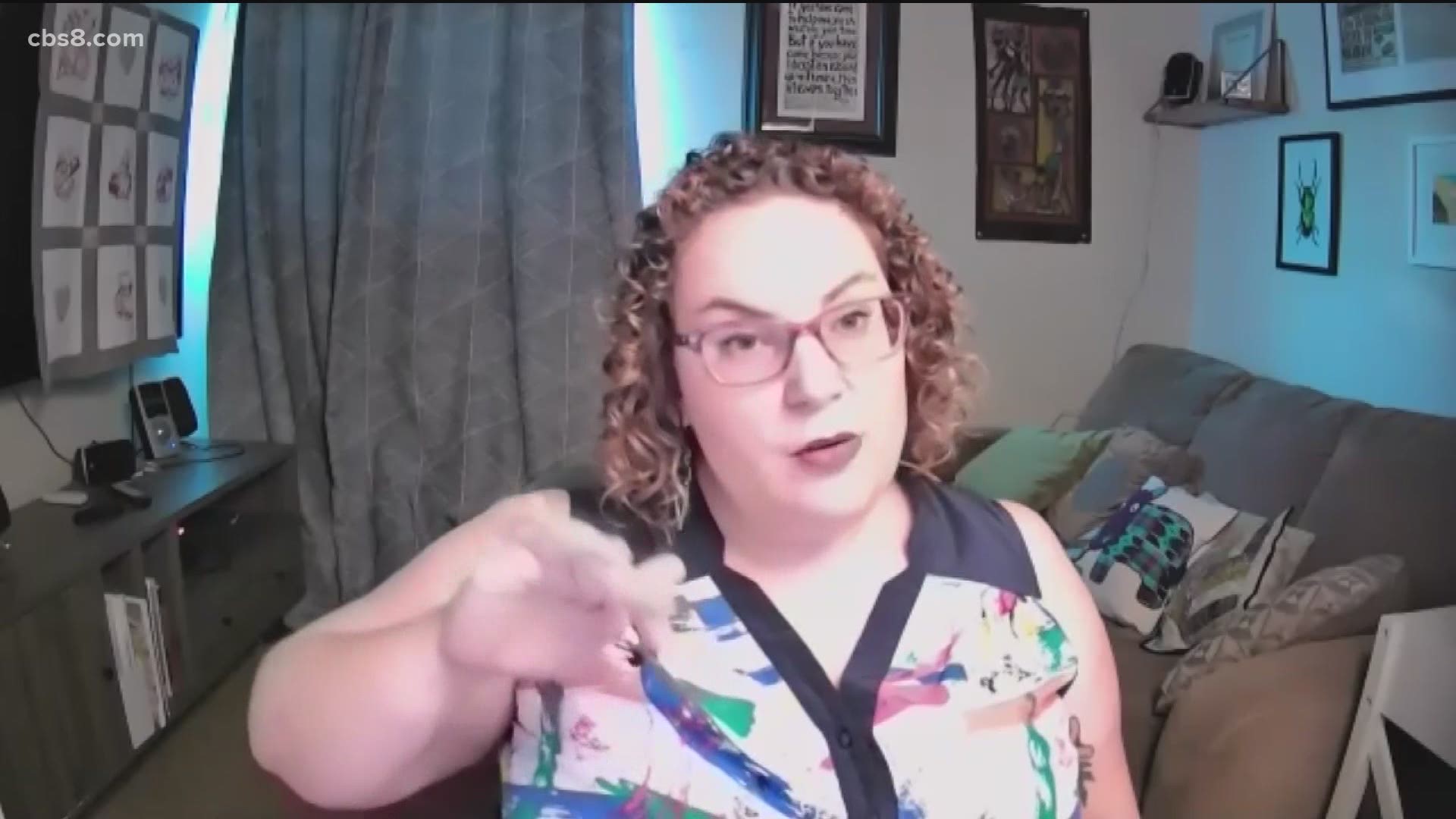SAN DIEGO — As the new school year gets underway online for many San Diego County school districts, News 8 wanted to take a look at the decisions being made when it comes to reopening schools.
News 8 joined a variety of experts for a discussion about kids and COVID-19, all through the lens of science.
In the latest "Learning Curve: Behind the Science", News 8's Shannon Handy spoke with infectious disease epidemiologist Maria Sundaram about why she said a vaccine alone is not the solution to this pandemic.
You know the biggest question and concern is 'is it safe to reopen schools?' So, what has your research found in that area?
“It depends and that's a very unsatisfying answer, but it really does depend on a lot of different factors," said Sundaram. "A big one is what age of kid are we talking about? Another really big one is are schools ready and are teachers ready? Do they have the resources they need and then a third - what is happening in the community?”
What needs to happen for families to feel safe to send their kids to school? Same answer? Does it depend on the environment?
“If there's a lot of robust testing and the turnaround is quick, then you can feel confident in the test numbers and if the test numbers suggest transmission is low in the community, that's another key piece of information that can help make you feel more secure as a parent - to know your child is probably not being exposed to COVID- 19 at school or that you may not be exposing your child, and they may be exposing other children at the school," said Sundaram. "Something that affects one member in a group can affect another in a different way.”
Where are we at right now when it comes to the research being done on whether or not kids can spread COVID-19?
"Kids can definitely spread COVID-19 and for older children, so adolescents and teenagers they can probably spread it as well as adults," said Sundaram.
When is it going to be safe to open schools again?
“To answer that question, you have to take into context everything that is happening around you," said Sundaram. "For example, if you're living in a smaller community, maybe a more rural area or an area that has invested a lot in infrastructure and really has a very good idea of what's happening in the community, strong contact tracing, able to identify each and every COVID-19 case very quickly-that's a good sign it may be safe. Absolutely vaccines will be an incredibly important tool in this toolbox in our pandemic decision-making and also our response, but even when we do have a vaccine, they won't be the only thing that makes things immediately safe again, unfortunately. There's a lot of things to consider about who has access to the vaccine [and] how well it might work in older adults and younger children - if there will be a vaccine for children. We still don't know if that will be the case and also, people may feel hesitant to get the vaccine.”
Even with a vaccine, we still have to practice good hygiene, social distance and wear a mask. This will go on for quite some time?
“Yeah, unfortunately, that's the case," said Sundaram.
Obviously, things are changing day by day, but is there one component of COVID-19 where scientists are saying we still need to learn a lot more about this particular aspect?
“For me, the biggest part is knowing where the cases are as quickly as possible and being able to trace their contacts as quickly as possible," said Sundaram. "It's not one silver bullet. It's a lot of things that we need. If we let our guard down when things are going down, it's just going to go back up again.”


